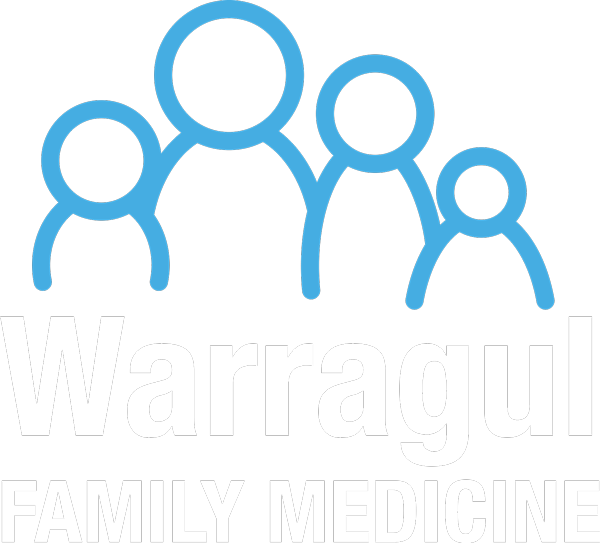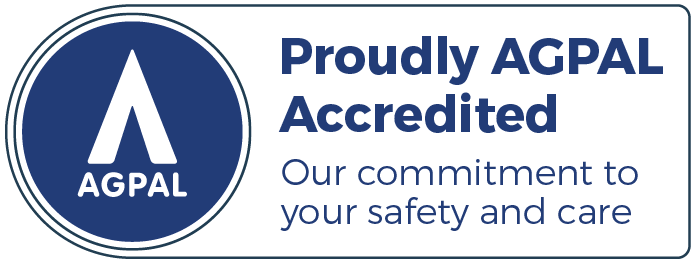Stay well this winter and help stop the spread of flu
You never forget the flu, it can hit quickly and last for weeks, meaning time off work or school and staying away from family and friends. That’s why Warragul Family Medicine are encouraging all our staff, patients and wider community to stay well this winter and help stop the spread of flu.
The flu isn’t like the common cold is a highly contagious viral infection that can cause severe illness and life-threatening complications, including pneumonia. The flu doesn’t discriminate and anyone can be affected, but for some of our more vulnerable Victorians, like children, the elderly, pregnant women, Aboriginal Victorians and people with a chronic medical condition such as asthma or heart disease, the flu can have serious and devastating outcomes.
That’s why it’s so important everyone in the community plays their part in helping stop the spread of flu. It’s as easy as following three steps: cough or sneeze into your elbow, wash your hands regularly and if you’re sick, avoid going to work or school, visiting vulnerable people or busy public places.
If you don’t have a tissue handy and you feel a sneeze or cough coming on, cough into your elbow. It stops your hands getting covered in the flu virus and so will help stop the spread of those nasty germs. If you do use a tissue, make sure you dispose of it into a bin nearby and then wash your hands thoroughly.
Our hands are one of the top spreaders of germs and viruses. Washing your hands thoroughly with soap and water at regular intervals throughout the day is a quick and easy way to help stop the spread of the flu.
Most adults are contagious around 3–5 days from when the first symptoms appear, and up to 7 days in younger children, so the best way to avoid spreading the flu is to stay at home while you are unwell. In particular, avoid going to work or school or visiting busy public places and vulnerable individuals, such as the elderly.
If you do get the flu, the best things you can do to look after yourself are to rest, stay at home and drink plenty of fluids. If you do need to see a GP for your symptoms, make sure you call ahead first so they can make sure there’s no one in an at-risk group around when you have your appointment.
For some people, taking antiviral medication early on in the illness can help lessen the effects of flu and help them recover faster. Speak to your GP about whether you might need to take antiviral medication, especially if you’re in an at-risk group.
For more information visit www.betterhealth.vic.gov.au/flu

